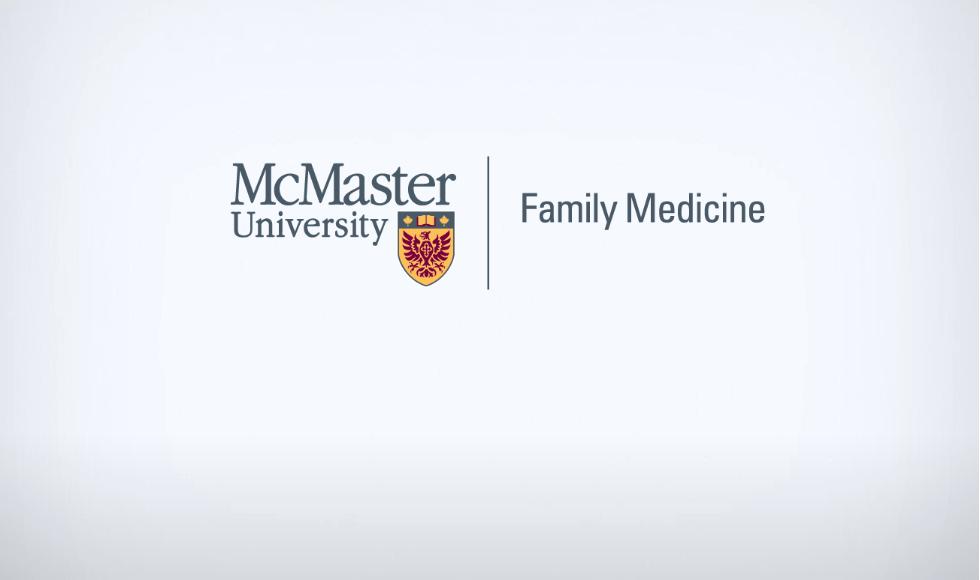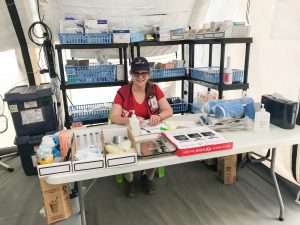Lessons learned in crises abroad can be applied at home

Lessons learned when Canadian health-care workers respond to natural disasters world-wide can be used at home, say researchers of McMaster University’s Department of Family Medicine.
Organizations like the Red Cross deploy health care workers to help during an international emergency such as a pandemic or after a hurricane, tsunami or other disaster, and these workers learn to be adaptable, flexible and resilient, the study found. The individuals and their teams also learn to understand the local context, culture and community needs. The teams also develop capacities for collaboration and conflict management.

The researchers explored what skills and abilities are important in international disaster response through interviews with nurses, doctors, technicians, and administrators who have had recent experience in disaster situations.
“Participants provided examples of how these skills were directly applicable in a disaster setting in Canada, particularly given Canada’s diverse environments and populations,” said Lynda Redwood-Campbell, principal investigator and professor of family medicine.
Redwood-Campbell has worked with the Canadian Red Cross in different capacities for over 20 years, providing humanitarian care across the globe including in Pakistan, Haiti, Nepal and Mozambique.
“The importance of emergency planning has been made even more apparent by the COVID-19 pandemic,” said Redwood-Campbell. “It is important to consider opportunities for developing disaster and emergency response expertise within the Canadian health workforce.”
The researchers say that the findings of this study can be used to build efficient disaster response teams and inform competency and curriculum development for professional training programs.
Salim Sohani, co-investigator and director of the global health unit with the Canadian Red Cross said: “When Canadian health care workers are deployed to respond emergencies globally, they make a significant contribution not only in supporting people affected by disaster, but they also learn important lessons that can be used domestically.”
Redwood-Campbell added: “The results suggest that international deployment acted as a real-life training setting, helping clinicians acquire or refine specific skills.”
The study is published in the Canadian Medical Association Journal (CMAJ) Open.
The Canadian Red Cross provided funding support for this study.
News, Research